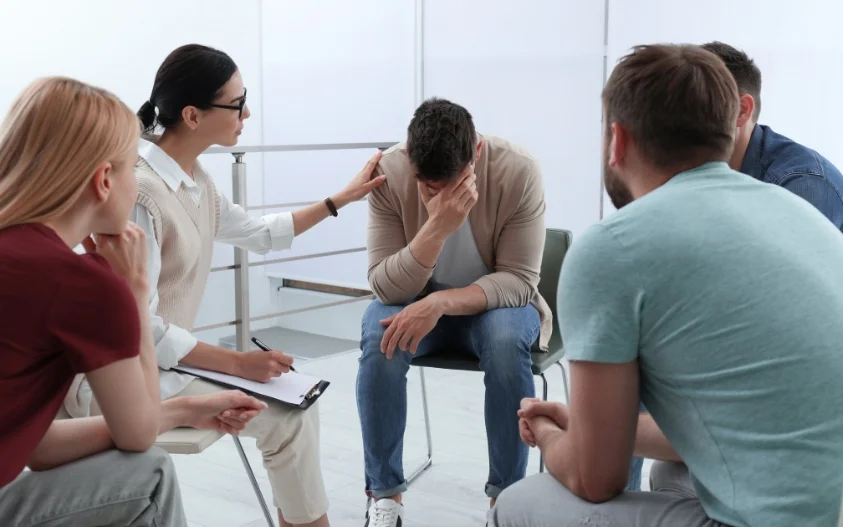24/7 Helpline:
(866) 899-221924/7 Helpline:
(866) 899-2219
Learn more about PTSD Treatment centers in Cortez

Other Insurance Options

WellCare Health Plans

Covered California

Sutter

MHNNet Behavioral Health

Magellan Health

AllWell

PHCS Network

EmblemHealth

Amerigroup

Access to Recovery (ATR) Voucher

Health Choice

MVP Healthcare

Ambetter

Sliding scale payment assistance

BlueCross

Carleon

Optima

GEHA

Providence

Choice Care Network

The Recovery Center
The Recovery Center is a non-profit rehab located in Cortez, Colorado. The Recovery Center specializ...

1st Alliance Treatment Services
1st Alliance Treatment Services is located in Cortez, Colorado. 1st Alliance Treatment Services prov...

Misfit Addiction Counseling
Misfit Addiction Counseling is a public rehab located in Cortez, Colorado. Misfit Addiction Counseli...














































